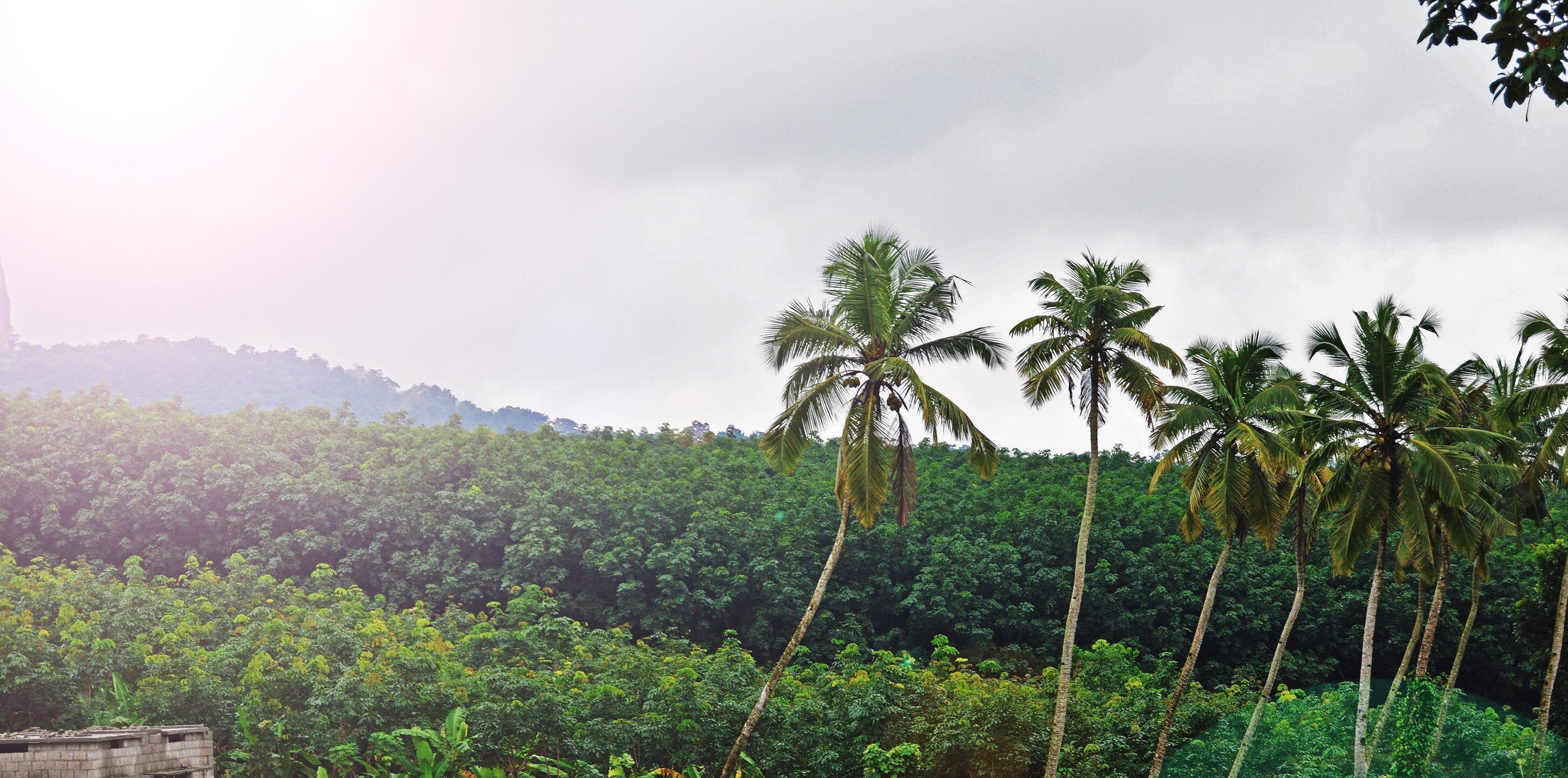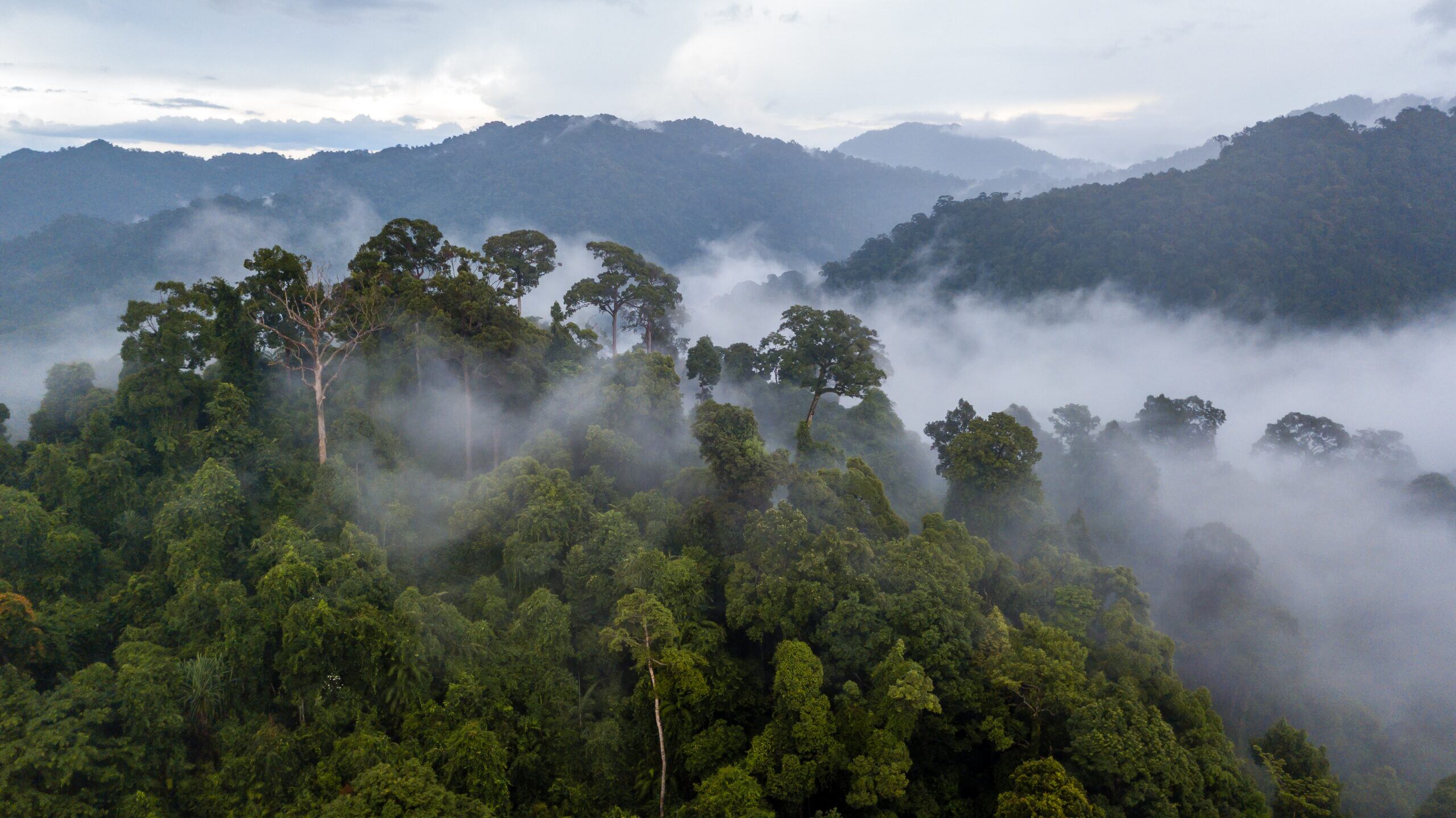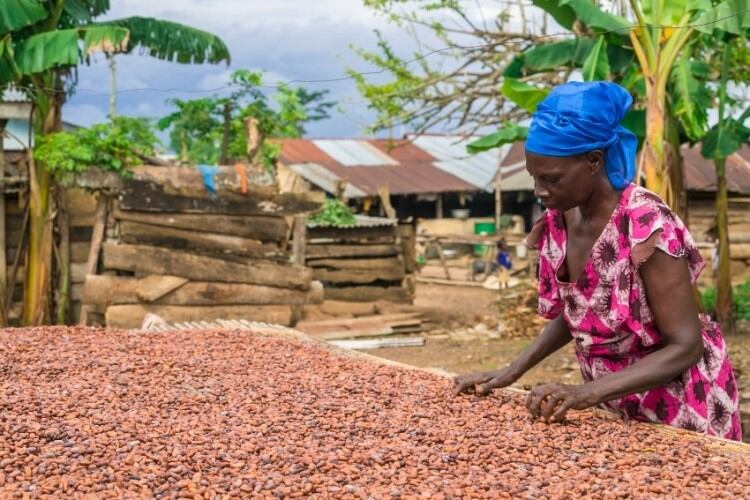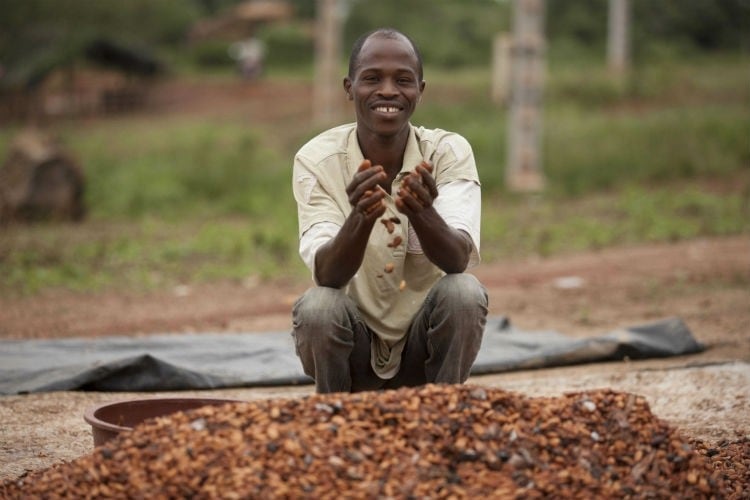As a founding member of the Sustainable Coconut Charter, AAK has committed to achieving 100% coconut traceability at the sub-national level by 2025, and Satelligence said it has the data and tech to help them reach this commitment.
As a crop, coconut plays well with others, which is good for polyculture and agroforestry where it is often grown alongside cocoa trees but makes mapping a challenge.
The collaboration has so far achieved four milestones:
- Coconut area mapping
- Proactive deforestation monitoring
- Coconut age mapping
- Deforestation risk assessments
Satelligence uses machine learning algorithms and satellite imaging to locate and differentiate coconut from other commodities and uses its verified algorithms to provide near-real-time deforestation monitoring and produce a Forest Loss Risk Index to identify areas where deforestation might happen in the near future.
For AAK, Satelligence said it mapped approximately 100,000km2 area across parts of Indonesia and the Philippines, and identified the location of coconut plantations. Replanting is a significant part of how AAK can support farmers. The older coconut trees get, the fewer coconuts they produce, so AAK needed to identify the age of trees to ensure their replanting projects were as efficient as possible. Satelligence’s analysis showed that on Mindanao Island and other locations the vast majority (60%+) of coconut trees were over forty years old.
According to Satelligence’s findings, most deforestation was caused by agricultural expansion or conversion to mining sites. The highest-risk areas for deforestation are Davao Oriental and Surigao del Sur, with mining and rubber plantations as their probable cause.
Satelligence said it discovered from its analysis, that there is no conclusive evidence that deforestation in the area has direct links to AAK’s coconut supply chain.
Alter Eco
Alter Eco, whose entire mission and ethos is focused on directly impacting the areas of climate, farming, and investing in farmers and waste, has released its sustainability report ahead of Earth Day with the claim that the brand protected enough trees in 2022 to fill 600 professional football Stadiums.
Founded by friends and activists, Mathieu Senard and Edouard Rollet in 2005 for conscious consumers supporting issues of Fairtrade and environmental impact, the brand says it made an impact in 2022 with the following achievements:
- Climate Neutral Impact
- Transitioned 690 cacao farmers and 1,590 cacao acres to regenerative agriculture
- Planted & protected 179,775 trees (enough to fill 600 professional football stadiums)
- Planted 7,463,375 trees to date
- Investment in farmers - There’s no food without the people that grow it
- Pays farmers 30% above the minimum Fairtrade price required to pay cocoa farmers
- Worked directly with 690 farmers in Ecuador and the Dominican Republic to help them transition to regenerative farming methods
- Waste Reduction
- Diverted 17.7M wrappers from the landfill by making their truffle wrappers backyard compostable
- Saved 4,151 pounds of virgin plastic from entering the supply chain




